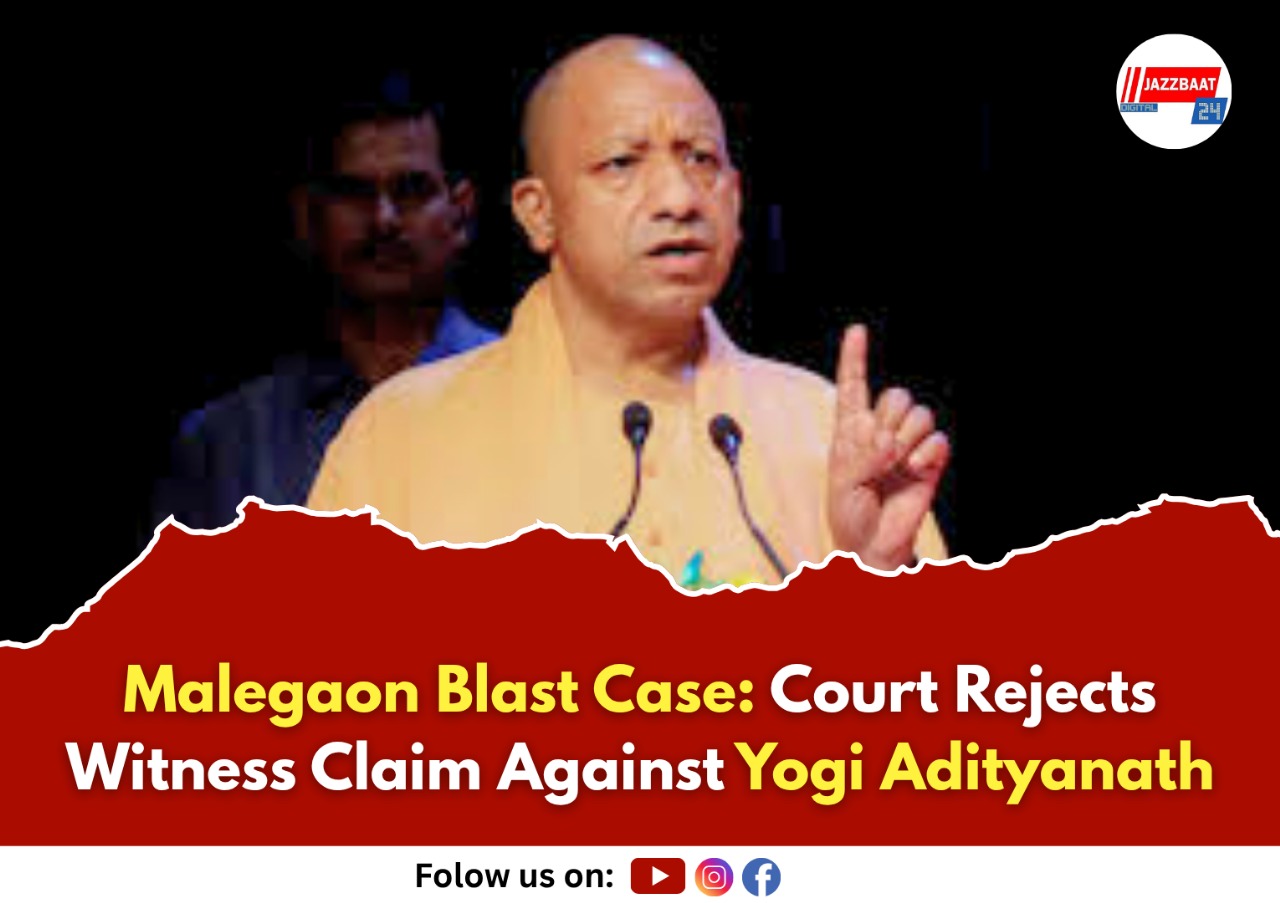
In a significant development in the 2006 Malegaon blast case, the special National Investigation Agency (NIA) court in Mumbai acquitted all seven accused on Thursday, 1 August. Among the key observations made by the court was the rejection of a witness’s statement alleging that he had been coerced into naming Uttar Pradesh Chief Minister Yogi Adityanath during the investigation.
Special Judge A K Lahoti ruled that the court could not place reliance on the witness’s statement recorded by the Anti Terrorism Squad (ATS), which originally investigated the case before it was handed over to the NIA in 2011. The judge noted discrepancies and procedural lapses in the manner the statement was recorded and later retracted.
“The witness claimed that he was forced to sign a pre-written statement by the ATS which mentioned the name of Yogi Adityanath. He stated before the court that he had no knowledge of the contents and had signed it under pressure,” the court noted in its judgment.
According to the final judgment, the court found that this statement lacked credibility as it was not backed by corroborative evidence and was retracted during cross-examination. Judge Lahoti observed that the retracted statement could not be treated as voluntary or truthful.
The 2006 Malegaon blast, which took place near a mosque after Friday prayers on 8 September 2006, had killed 37 people and injured over 100. Initially, nine Muslim men were arrested by the Maharashtra ATS and were charged with planning the attack. However, in 2011, the NIA took over the case and later found no evidence against them. All nine were subsequently discharged.
The focus then shifted towards Hindu extremist groups. The seven accused who were acquitted on Thursday include Lokesh Sharma, Dhan Singh, Manohar Narwaria, Rajendra Choudhary, Sandeep Dange, Ramchandra Kalsangra and Sunil Joshi (now deceased). The prosecution had alleged that the accused were members of an extremist outfit and had planned the blast as a retaliatory act against earlier attacks on Hindus.
The defence argued throughout the trial that the accused were falsely implicated, and there was no concrete forensic or material evidence linking them to the crime. The court concurred, stating that “the prosecution failed to establish the charges beyond reasonable doubt”.
Following the verdict, defence counsel Avinash Gupta said, “Justice has finally been delivered after years of wrongful prosecution. This is a victory not only for the accused but also for truth and constitutional fairness.”
The acquittal brings closure to a case that has seen multiple twists over nearly two decades, shifting investigative agencies, and questions raised about the use of coercive methods during interrogation. The court’s strong remarks on the unreliability of the coerced statement serve as a reminder of the importance of due process in criminal investigations.